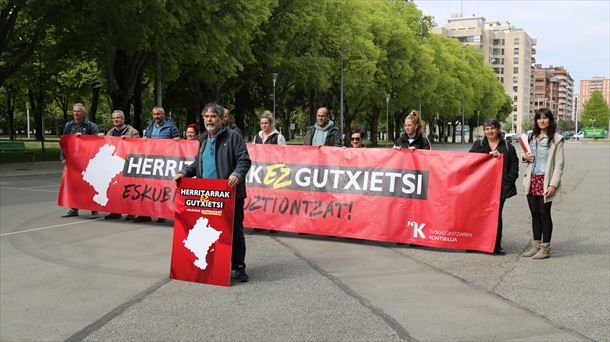In the future, civil servants will be able to follow basic nursing training on a voluntary basis. Participation in the “UBV module” (support in basic care) is part of the second care innovation package and is offset against care training.
The so-called UBV module is already part of a number of professions such as graduated social worker with a focus on assisting the disabled or home helpers, said State Secretary for Youth Affairs Claudia Plakolm (ÖVP). It consists of a theoretical (100 teaching units) and a practical part (40 hours) including final exams.
Authorization for numerous activities
Those who successfully complete the training module are entitled to numerous activities in the healthcare sector – such as assistance with personal hygiene (such as getting up, showering or shaving), assistance with dressing and undressing, support and promotion of mobility and storage.
Graduates can also help with eating and drinking (for example preparing and preparing meals, helping with eating and drinking), but also with taking medicines or with excretion problems. Participation is made possible for civil servants in the field of hospitals, social and disabled care, care for the elderly and the sick – according to Plakolm, this is more than 47 percent of civil servants.
Volunteering “the best headhunter for the social sector”
The civil service is “the best headhunter for the social sector”, as up to 70 percent would remain with their organization or institution full-time or voluntarily after their term of office. “With the upgrade and credit for community service orders in the care sector, we are also making it easier for those interested to stay in the social sector. This will hopefully open the door to nursing education for young boys,” said Plakolm.
The Red Cross spoke on Wednesday of “positive signals” that the total package presented on Wednesday had sent. “But the goal should be to create long-term structures to make the profession attractive to new nurses,” said Michael Opriesnig, secretary general of the Austrian Red Cross. Making the recognition of their training and general qualifications easier for foreign nursing staff is a right decision with regard to the required workforce.
Source: Krone
I am Ida Scott, a journalist and content author with a passion for uncovering the truth. I have been writing professionally for Today Times Live since 2020 and specialize in political news. My career began when I was just 17; I had already developed a knack for research and an eye for detail which made me stand out from my peers.



